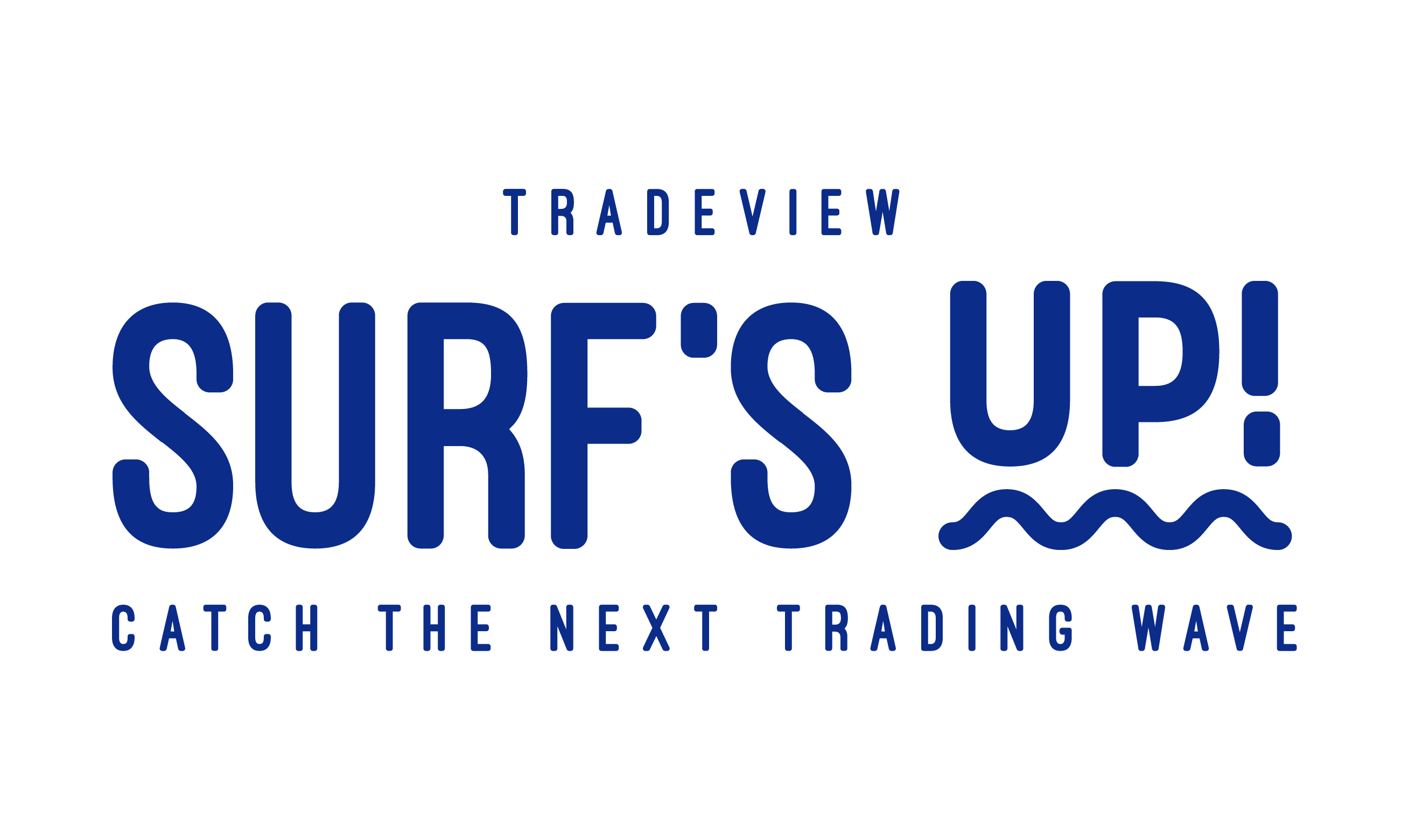Today’s broker infrastructure is stretched thin. Traders expect lightning-fast execution. Regulators expect airtight compliance. And security threats never stop evolving. Vulkan isn’t just adapting—it’s rebuilding the foundation from scratch.
With a focus on broker infrastructure that’s both scalable and secure, Vulkan delivers a blueprint for firms that need more than basic uptime. Let’s break down how their technology delivers secure trading, leverages advanced IT solutions, and scales without friction.
The Core Problem: Legacy Systems in a Fast-Moving Market
Traditional broker infrastructure wasn’t built for today’s speed.
Financial systems built a decade ago are often:
- Tied to monolithic software
- Dependent on manual data pipelines
- Fragile when scaling user volume
What this leads to:
- Slower trade execution
- Higher operational risks
- Poor user experience
Now add increased cyber threats and tighter compliance rules, and it becomes clear: brokers need better tech.
Vulkan’s Infrastructure Philosophy
Instead of patching up old frameworks, Vulkan took a zero-assumptions approach. Their goal: build something scalable from day one and secure by design.
Four Principles Behind Vulkan’s Infrastructure
| Principle | Description |
| Modular Architecture | Each service operates independently, enabling faster deployment cycles |
| Scalability First | Elastic systems that adapt to market spikes or user surges automatically |
| Security Embedded | Not bolted on later—security is part of the development pipeline |
| Real-Time Observability | Live performance data, anomaly detection, and logging built into the core |
By applying these principles, Vulkan removes the bottlenecks that slow most brokers down.
Scalable Architecture for Peak Trading Hours
Let’s talk scalability. It’s more than just “handling more users.” In the trading world, scalability means surviving a market frenzy without flinching.
How Vulkan Handles Load Surges
- Kubernetes-based container orchestration: Auto-scales services based on real-time demand.
- Multi-region deployments: Trader activity is automatically routed to the closest data center.
- Load balancers with smart routing: Minimize latency by redirecting traffic based on queue size and response time.
Example:
On a volatile trading day (like an unexpected Fed rate change), Vulkan-powered brokers can scale trading servers horizontally within seconds, preventing outages or latency spikes.
This means traders stay connected—and executing orders—while competitors struggle with downtime.
Built-in Security: Defense from the First Line of Code
Secure trading doesn’t start at the firewall. It starts in the codebase. Vulkan uses DevSecOps practices that integrate security testing throughout development.
Security Measures Vulkan Applies
| Layer | Security Practice |
| Application | Input validation, secure session management |
| Infrastructure | Zero Trust Network Architecture (ZTNA), firewall rules |
| Data | AES-256 encryption at rest and TLS 1.3 in transit |
| Access Control | Role-Based Access Control (RBAC) and Just-in-Time auth |
| Auditing | Immutable logging and real-time alerting |
No backdoors. No shortcuts. Every deployment goes through automated security pipelines, ensuring consistent protection.
And for brokers needing to comply with MiFID II, FINRA, or other regulatory frameworks, Vulkan’s setup provides built-in compliance logs and audit trails.
Real-Time Monitoring and Incident Response
Many infrastructure broker platforms treat monitoring as a bolt-on. Vulkan does the opposite. Their stack includes real-time observability tools right out of the box.
What Brokers Get with Vulkan’s Monitoring Stack:
- Custom dashboards for latency, error rates, and throughput
- Alert triggers for DDoS activity, slow response time, or failed logins
- Integrated incident response workflows with Slack, PagerDuty, or email
This lets ops teams respond in seconds—not hours.
Why It’s Easier to Build on Vulkan
Unlike closed ecosystems that force brokers into rigid workflows, Vulkan offers a developer-friendly stack.
Tech Stack Overview
| Layer | Tech Used | Why It Matters |
| Front-End | React.js, Next.js | Fast UI performance, supports SSR for SEO |
| Back-End | Node.js, Go, Rust (microservices) | Efficient parallel processing |
| Infrastructure | Kubernetes, Terraform, Docker | Infrastructure as code, easy replication |
| Data Layer | PostgreSQL, Redis, Apache Kafka | Real-time data streaming and caching |
| Monitoring | Prometheus, Grafana, Loki | Unified logging and system metrics |
Developers can clone a base environment in under 10 minutes. APIs are clean and well-documented. Custom integrations? No problem—everything’s modular.
IT Solutions That Future-Proof Your Brokerage
Vulkan doesn’t stop at infrastructure. Their IT solutions cover the entire lifecycle—from initial design to ongoing optimization.
Full-Scope Services Vulkan Offers:
- Infrastructure audits to detect latency bottlenecks
- Disaster recovery planning with automated backups and failover protocols
- Custom API development to fit unique brokerage models
- Security penetration testing included in the onboarding process
- Data warehouse integration for analytics, reporting, and AI models
This makes it easier to evolve your brokerage as the market evolves—without needing to rebuild from scratch every year.
Use Case: Scaling a Mid-Size Brokerage in Europe
A mid-sized CFD brokerage based in Berlin needed to:
- Improve its platform uptime during high volatility
- Comply with new GDPR and MiFID II rules
- Launch a new crypto trading pair with minimal latency
What Vulkan Delivered:
- Auto-scaling infrastructure across Frankfurt and Dublin
- Built-in data encryption and retention rules to satisfy compliance
- Integrated a real-time crypto feed via Kafka + Redis
Result:
The brokerage improved trade execution speed by 42% and saw a 38% reduction in platform downtime.
Ready to Build on a Platform That Grows With You?
Brokers today can’t afford fragile systems or reactive security. Vulkan’s broker infrastructure is designed for scale, speed, and peace of mind—whether you’re a startup trading desk or a full-service broker.
Build your brokerage on a rock-solid foundation—explore Vulkan’s scalable tech stack now!
FAQ: Vulkan’s Broker Infrastructure
Is Vulkan’s platform only for large brokerages?
No. Vulkan supports small trading startups to large institutions. Its modular system scales with your needs.
How often is the system updated?
Vulkan uses rolling updates with zero downtime deployments, ensuring the platform stays current without interrupting service.
What’s the average latency for trade execution?
Depending on region and network conditions, Vulkan clients report sub-50ms trade execution latency on average.
Does Vulkan help with compliance audits?
Yes. Logs, access history, encryption settings, and other audit requirements are stored and retrievable for compliance checks.
Can I migrate my current platform to Vulkan?
Absolutely. Vulkan offers onboarding engineers and migration support to ensure a smooth transition.







